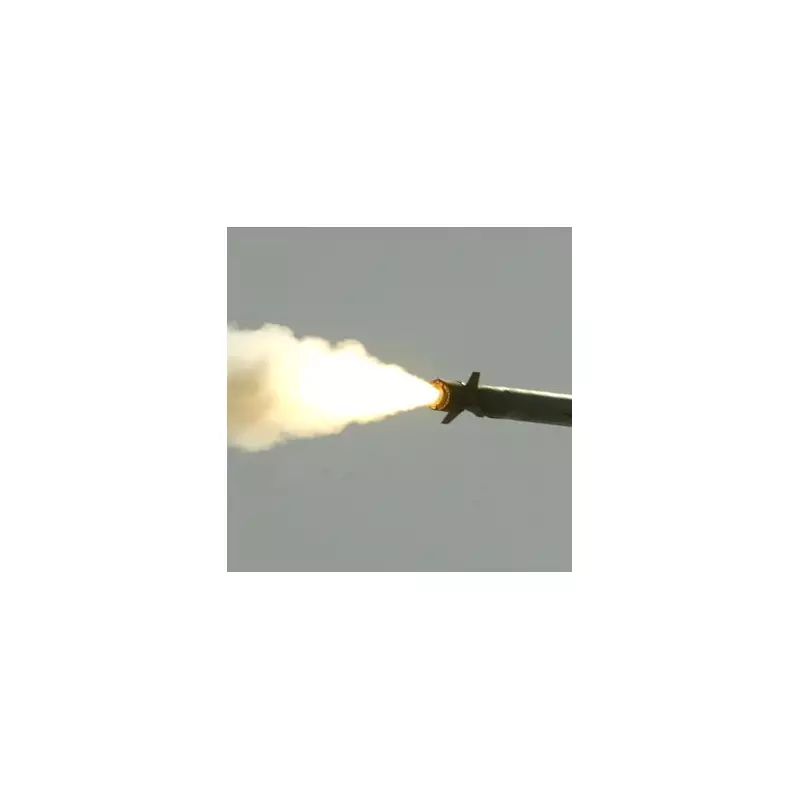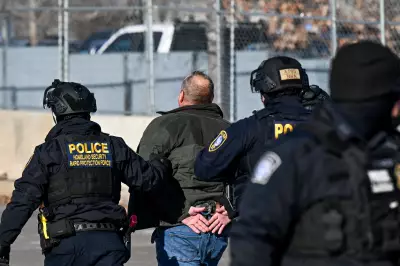
In a dramatic escalation of tensions with the West, Belarusian President Alexander Lukashenko, one of Vladimir Putin's closest allies, has issued a chilling nuclear warning that's sending shockwaves through international diplomatic circles.
The Stark Warning from Minsk
During a high-profile meeting with Russian Defence Minister Sergei Shoigu, Lukashenko delivered what analysts are calling his most explicit nuclear threat to date. The Belarusian leader declared that his nation stands fully prepared to deploy strategic nuclear weapons if provoked, marking a significant intensification in his rhetoric.
'We're not going to brandish these weapons like a razor,' Lukashenko stated, 'but if the aggression against us begins, we will respond without hesitation.'
Strategic Nuclear Deployment in Belarus
The confrontation comes amid confirmation that Russia has completed the transfer of tactical nuclear weapons to Belarusian territory. This strategic move places nuclear capabilities alarmingly close to NATO's eastern borders, fundamentally altering the security landscape in Eastern Europe.
Lukashenko emphasised that the decision to host Russian nuclear weapons was purely defensive, claiming Western nations had left Belarus with no alternative through their continued support of Ukraine and perceived threats toward both Belarus and Russia.
International Reaction and Growing Concerns
Western intelligence agencies are monitoring the situation with increasing alarm. Military analysts suggest that Lukashenko's comments represent the most explicit nuclear rhetoric from either Russian or Belarusian leadership in recent months.
The timing of these statements is particularly concerning, coming as Ukrainian forces continue their counteroffensive operations and Western nations debate further military support for Kyiv.
What This Means for Regional Security
Security experts warn that the deployment of Russian nuclear weapons in Belarus creates several dangerous precedents:
- Nuclear weapons are positioned outside Russian territory for the first time since the Cold War
- The threshold for potential nuclear confrontation in Europe has been significantly lowered
- NATO must reconsider its defensive posture in Eastern Europe
- The conflict in Ukraine risks escalating into a broader regional confrontation
As diplomatic channels remain open but strained, the international community watches anxiously to see how Western leaders will respond to this latest provocation from Moscow's closest ally.





